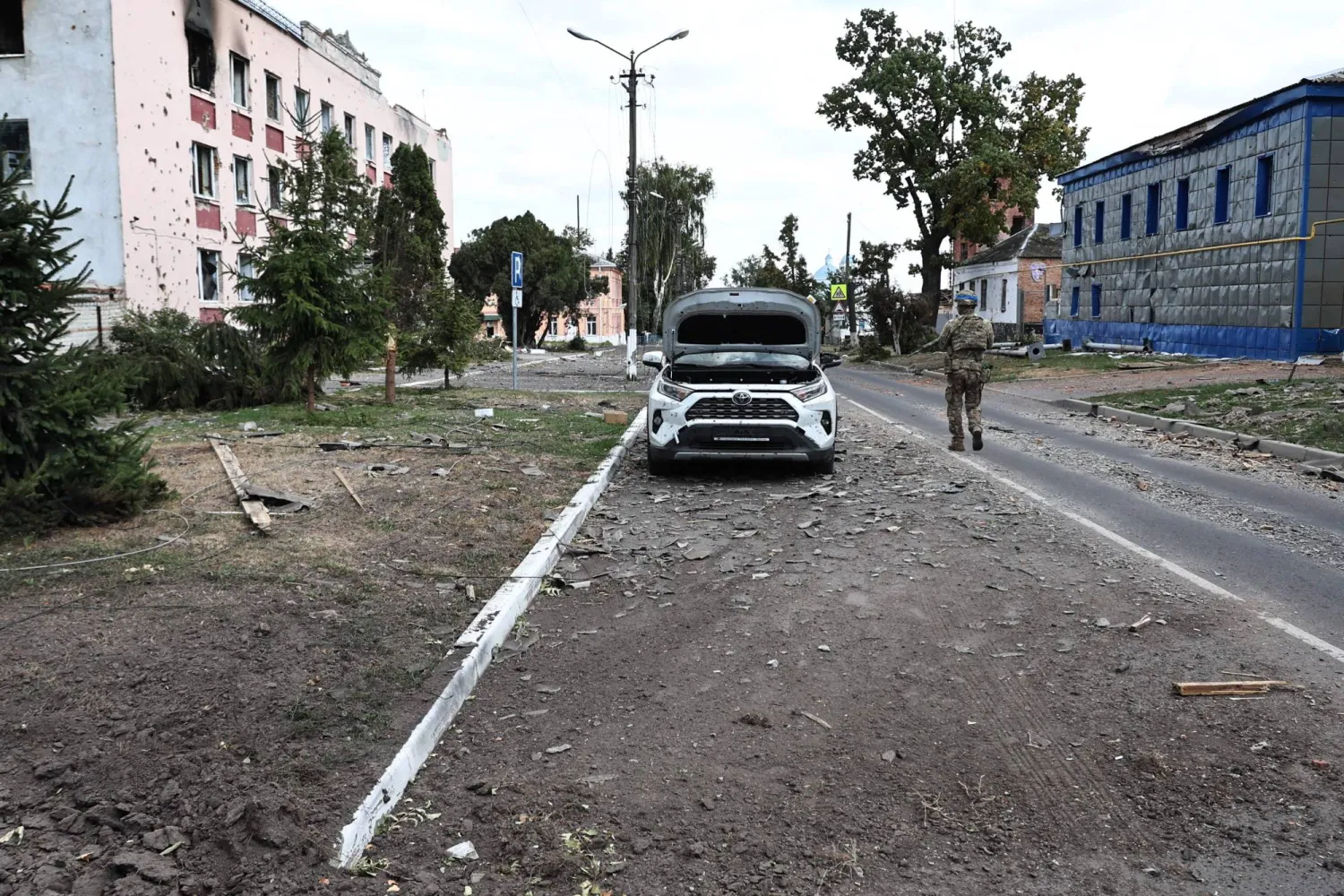Russia launched on Sunday its third ballistic missile on Kyiv this month, with preliminary data showing that all the air weapons were destroyed on their approach to the city, the military administration of the Ukrainian capital said.
"This is already the third ballistic strike on the capital in August, with exact intervals of six days between each attack," Serhiy Popko, the head of the Kyiv military administration, said on the Telegram messaging app.
"According to preliminary information, the Russians again, for the third time in a row, most likely used North Korean ballistic missiles."
Reuters could not independently verify the type of missiles launched.
Separately, Ukraine's air force chief said Ukrainian forces had destroyed eight Russian attack drones and five out of eight missiles launched overnight.
"As a result of the anti-aircraft combat, anti-aircraft missile troops of the Air Force, mobile firing groups of the Ukrainian Defense Forces and electronic warfare units shot down 13 air targets in Kyiv, Sumy and Poltava regions," Mykola Oleshchuk said.
He said all the missiles did not achieve the desired goals and no casualties or injuries were reported.
Oleshchuk said Russia had launched a total of three ballistic missiles, three cruise missiles and two guided aircraft missiles.
Kyiv officials also said there were no immediate reports of casualties or damage in the capital.
However, Kyiv region governor Ruslan Kravchenko said in a statement two private houses were destroyed and 16 others were damaged by falling debris.
Reuters could not independently verify the scale of damage. A Reuters witness heard blasts that sounded like air defense systems early on Sunday.
About two hours after the initial attack, Kyiv, its surrounding region and most of central and northeast Ukraine were under fresh raid alerts, with threats of more missiles heading towards the city, Ukraine's air force said.
Russia Launches Third Ballistic Missile Attack on Kyiv This Month

This photograph taken on 16 August, 2024, a media tour organized by Ukraine, shows a Ukrainian soldier walking on a damaged street in Ukrainian-controlled Russian town of Sudzha, Kursk region, amid the Russian invasion in Ukraine. (Photo by Yan DOBRONOSOV / AFP)

Russia Launches Third Ballistic Missile Attack on Kyiv This Month

This photograph taken on 16 August, 2024, a media tour organized by Ukraine, shows a Ukrainian soldier walking on a damaged street in Ukrainian-controlled Russian town of Sudzha, Kursk region, amid the Russian invasion in Ukraine. (Photo by Yan DOBRONOSOV / AFP)
لم تشترك بعد
انشئ حساباً خاصاً بك لتحصل على أخبار مخصصة لك ولتتمتع بخاصية حفظ المقالات وتتلقى نشراتنا البريدية المتنوعة







